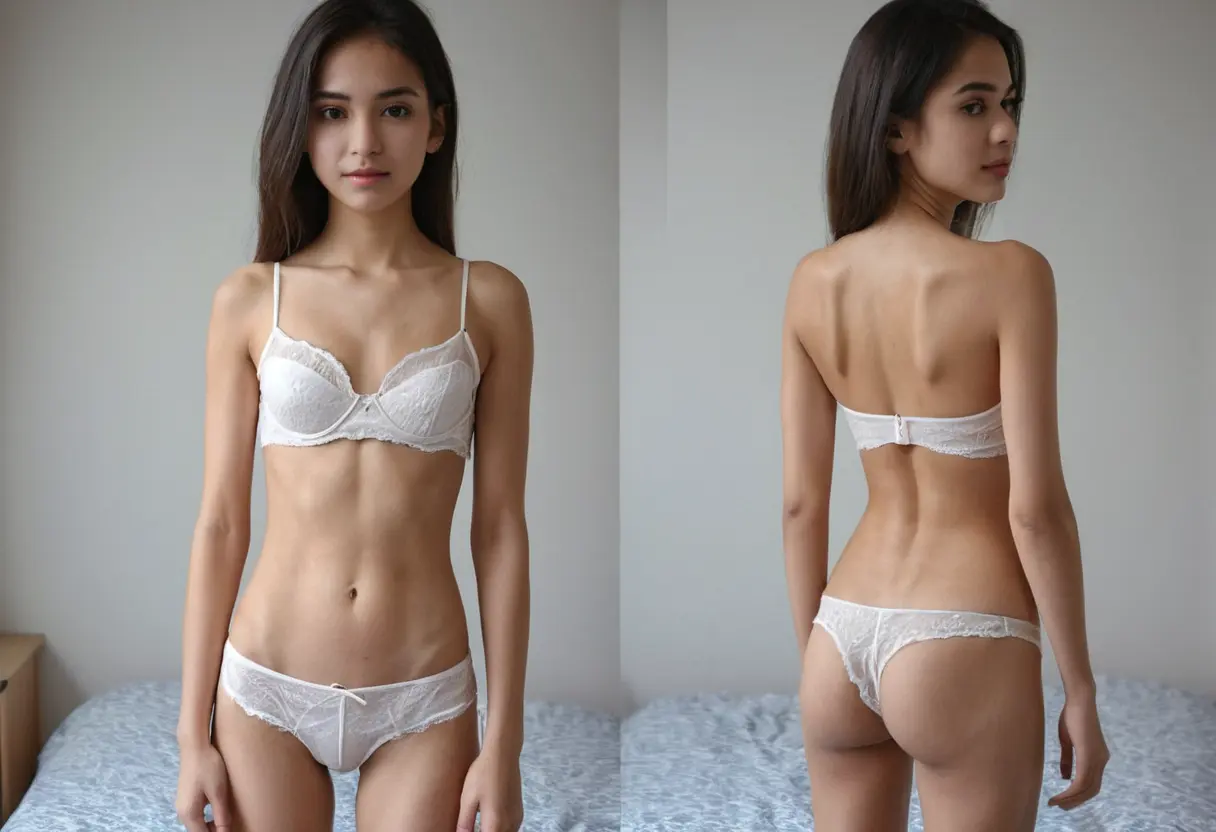The fashion industry is undergoing a transformative shift driven by artificial intelligence (AI). This revolution not only redefines how clothing is designed and marketed but also alters the fundamental concept of undressing. From virtual try-ons to personalized styling, AI is changing the way consumers interact with fashion. This article explores how AI technology is reshaping the undressing experience in the fashion industry, highlighting its impact on consumer behavior, design innovation, and retail strategies.
One of the most significant advancements AI brings to the fashion industry is the development of virtual try-on technology. This innovation allows consumers to see how garments look on them without physically trying them on. Using augmented reality (AR) and machine learning algorithms, brands can create realistic digital avatars that mimic a person's body shape and size.

This technology eliminates the need for traditional changing rooms, making the shopping experience more convenient. Customers can undress virtually, trying on multiple outfits in seconds, which enhances their overall shopping experience. Additionally, this reduces the time spent in stores and increases customer satisfaction, leading to higher conversion rates for retailers.

AI's ability to analyze vast amounts of data is revolutionizing personalized shopping experiences. By understanding consumer preferences, body types, and past purchases, AI algorithms can suggest clothing items that fit perfectly. This personalized approach extends to undressing, as consumers receive tailored advice on what styles and cuts suit their body shape.

For instance, AI-powered apps can recommend specific styles based on the user's previous choices, guiding them on what to try next. This not only simplifies the undressing process but also empowers consumers to make more informed decisions about their wardrobe choices.
AI is also influencing the materials used in fashion through smart fabric technology. These innovative textiles can change their properties based on environmental conditions or user preferences. For example, garments can adapt to temperature changes, allowing wearers to feel comfortable without needing to undress or change outfits.
This technology is particularly beneficial for activewear, where comfort and flexibility are paramount. As smart fabrics evolve, they may eliminate the need for traditional undressing, as clothes become multifunctional, catering to various scenarios without the need to switch garments.
AI's impact on the fashion industry extends to supply chain management, streamlining the production and distribution processes. By predicting trends and consumer demands, AI helps brands manage inventory more effectively. This efficiency can lead to a reduction in overproduction, minimizing the number of unwanted items that end up in stores.
As brands focus on producing clothing that meets actual consumer needs, the necessity for frequent undressing to try on unsold items decreases. This not only benefits retailers by reducing excess stock but also enhances the shopping experience for consumers, who are more likely to find the styles they want without the hassle of sifting through ill-fitting or unwanted garments.
As AI continues to evolve, its integration into the fashion industry will deepen, further transforming the concept of undressing. The future may see even more advanced virtual fitting rooms where consumers can try on clothes in a fully immersive environment, simulating real-world scenarios without ever needing to undress physically.
Moreover, as ethical fashion becomes a priority, AI can help brands create sustainable clothing options that require less frequent changes in wardrobe. This shift will encourage consumers to embrace a minimalist approach to fashion, reducing the need for constant undressing and dressing as they curate a more thoughtful closet.
AI is revolutionizing the concept of undressing in the fashion industry, offering a myriad of benefits that enhance consumer experiences and streamline operations. From virtual try-ons to personalized recommendations and smart fabrics, the integration of AI technology is undress ai toolreshaping how individuals engage with fashion. As the industry continues to adapt to these advancements, the future promises a more convenient, efficient, and personalized approach to dressing and undressing, making the shopping experience not only enjoyable but also aligned with modern consumer values.
copyright © 2023 powered by undress ai free online sitemap